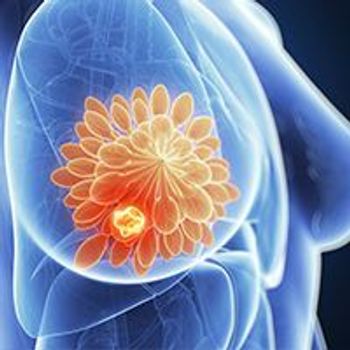
Olaparib is now the first early-line therapy targeting BRCA-mutations in breast cancer.

Olaparib is now the first early-line therapy targeting BRCA-mutations in breast cancer.

The CAR T-cell therapy from Janssen and Legend Biotech is the second to receive approval with an indication for treatment of multiple myeloma.

CYNK-001, a non-genetically modified cryopreserved human placental hematopoietic stem cell-derived natural killer cell therapy, is in development for the potential treatment of patients with acute myeloid leukemia.
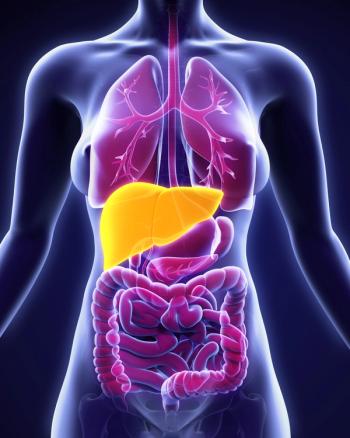
The investigational cell therapy consists of T-cell receptor (TCR) fusion construct T cells (TRuC-T cells).
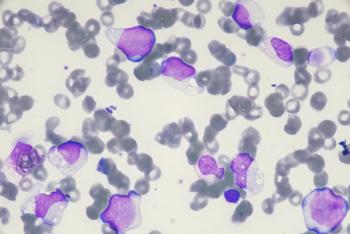
Conversion from MRD positivity to MRD-negative disease in a high-dose patient prompted the expansion of the trial population.

Treatment with the allogeneic CAR T-cell product ALLO-501A elicited encouraging signals of clinical activity when used with ALLO-647 lymphodepletion in patients with relapsed/refractory large B-cell lymphoma who did not previously receive autologous CAR T-cell therapy.
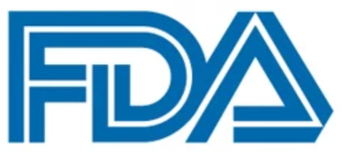
The FDA granted a Regenerative Medicine Advanced Therapy designation to the allogeneic chimeric antigen receptor T-cell therapy as a potential treatment for patients with relapsed/refractory multiple myeloma.
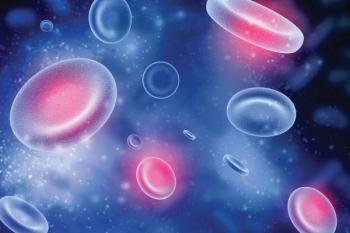
In a phase 1 study of the innate cell engager AFM13 pre-complexed with NK cells, all 4 patients with CD30-positive, relapsed/refractory Hodgkin lymphoma treated with the therapy achieved at least a partial response.
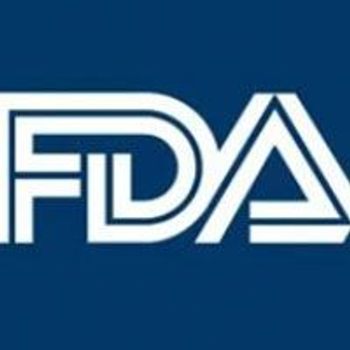
The FDA has approved idecabtagene vicleucel as the first BCMA-directed CAR T-cell therapy for patients with relapsed/refractory multiple myeloma after 4 or more prior lines of therapy, including an immunomodulatory agent, a proteasome inhibitor, and an anti-CD38 monoclonal antibody.

AB-205 showed an encouraging safety profile along with a robust ability to eliminate oral and gastrointestinal severe regimen-related toxicities in patients with systemic lymphoma who were undergoing high-dose therapy and autologous hematopoietic stem cell transplantation.

Treatment with the first-generation precision cell therapy Orca-T led to a significant reduction in cases of graft-versus-host disease, an impressive GVHD relapse-free survival rate, a lack of treatment-related mortalities, while showcasing scalability potential.

Neil Berinstein, MD, discussed the early promise with this T-cell therapy in relapsed/refractory diffuse large B-cell lymphoma.

What started out as a journey to better understand regulatory T cells has now led to an intriguing approach with an investigational cell therapy designed to prevent the risk of graft-versus-host disease and to improve relapse-free survival rates in patients undergoing hematopoietic stem cell transplantation.

December 6, 2020 - Odronextamab, is a novel CD20xCD3 bispecific antibody, continues to show intriguing antitumor activity and an acceptable safety profile in patients with relapsed/refractory B-cell non-Hodgkin lymphoma, including those who have previously received chimeric antigen receptor T-cell therapy.
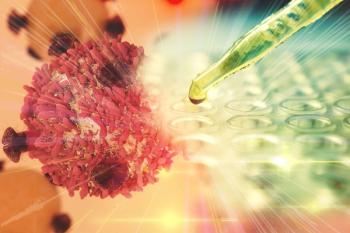
The CAR T-cell therapy elicited a 92% ORR, with high rates of durable responses in patients with indolent non-Hodgkin lymphoma.
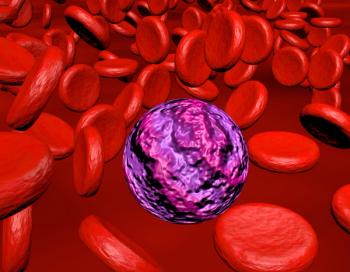
A novel CD20xCD3 bispecific antibody, odronextamab, continues to show intriguing antitumor activity and an acceptable safety profile in patients with relapsed/refractory B-cell non-Hodgkin lymphoma, including those who have previously received chimeric antigen receptor T-cell therapy.
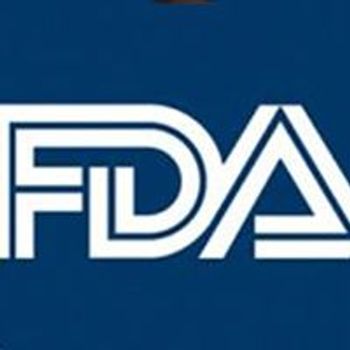
November 30, 2020 - The FDA has granted a breakthrough therapy designation to zanidatamab for the treatment of patients with HER2 gene–amplified biliary tract cancer who have received prior therapy.

The investigational wholly-owned allogeneic CAR T-cell therapy CTX110 demonstrated dose-dependent efficacy and responses in patients with relapsed/refractory CD19-positive B-cell malignancies.
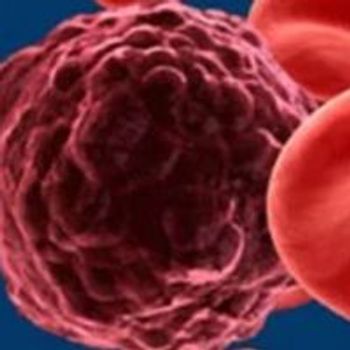
Single-agent daratumumab as maintenance therapy improved progression-free survival compared with observation in patients with newly diagnosed multiple myeloma eligible for autologous stem cell transplant.

Brian T. Hill, MD, PhD, reflects on how the approval of CAR T-cell therapy has impacted clinical practice for his patients with MCL, ongoing research with practice-changing implications, and how MCL treatment has evolved during the coronavirus disease 2019 pandemic.
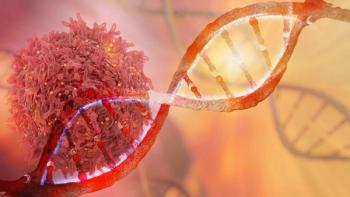
Results from the phase 1/2 ALEXANDER study found the investigational CAR T-cell product AUTO3 in combination with pembrolizumab to have a tolerable safety profile and elicit durable complete responses in patients with relapsed/refractory diffuse large B-cell lymphoma.
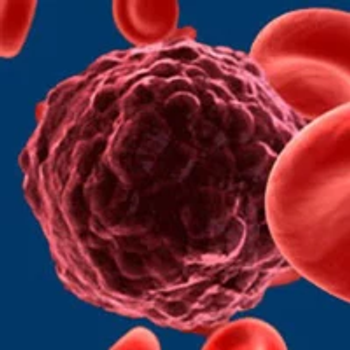
The investigational CAR T-cell product AUTO3 in combination with pembrolizumab was found to have a tolerable safety profile and elicit durable complete responses in patients with relapsed/refractory diffuse large B-cell lymphoma.

BLU-945, an investigational precision therapy, elicited robust antitumor activity in multiple preclinical models of triple-mutated EGFR-positive non–small cell lung cancer .
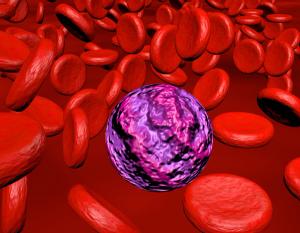
Published: December 6th 2020 | Updated:
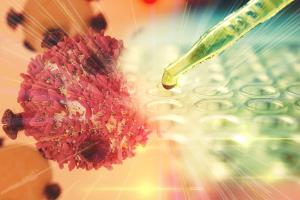
Published: December 6th 2020 | Updated:
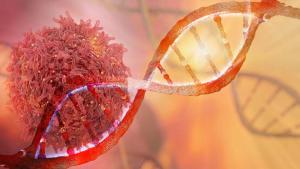
Published: September 27th 2020 | Updated:

Published: December 6th 2020 | Updated:

Published: December 7th 2020 | Updated:
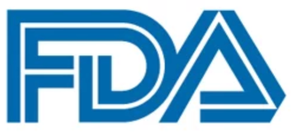
Published: April 21st 2021 | Updated: